Top Class Actions’s website and social media posts use affiliate links. If you make a purchase using such links, we may receive a commission, but it will not result in any additional charges to you. Please review our Affiliate Link Disclosure for more information.
Overdrawing your bank account can occur for all sorts of reasons: maybe you forgot to check your balance, or maybe you lost track of your spending. Either way, overdrafts usually result in NSF fees. For instance, a Bank of America NSF fee of $35 is charged to account holders without overdraft protection who overdraft their accounts.
These sorts of fees are often applied improperly however, sometimes giving the bank customer grounds for an NSF fee lawsuit.
What Are NSF Fees?
When an account holder makes a charge on their account that exceeds the account balance, one of two things may occur.
In cases in which the account holder has signed up for overdraft protection, the bank may approve the transaction and make up the shortfall itself. This situation is one in which the contract guarantees charges up to a certain amount will be covered by the bank if the account balance is too low, effectively guaranteeing that the account balance will never be negative. However, these transactions themselves incur overdraft fees in exchange for covering the transaction, which often cost consumers around $35, but may vary by bank.
These overdraft protection programs must offer consumers the ability to opt in or out.
If the account holder isn’t signed up for overdraft protection, then charges in excess of the account balance will be denied and the account will incur a NSF fee. NSF checks are colloquially known as “bounced” checks. Unlike overdraft fees, NSF fees do not require an opt in from consumers.
Bank of America NSF Fee Overview
An explanation of Bank of America NSF fees can be found on the bank’s site. According to the site, if an account doesn’t hold sufficient funds to cover a charge or “item”, a common term for a single transaction, then that item will be declined and returned unpaid. If the item is more than $1, then a NSF fee will be applied. A Bank of America NSF fee is $35 per item.
At other banks, NSF fees can range from approximately $27 to $35, or they may be a percentage of the check amount. NSF fees are limited from state to state; most states cap a single NSF fee at $20, $25, or $35, but notable exceptions are Delaware and Mississippi, which have a cap of $40 per fee. Some states cap their NSF fees at a maximum percentage of the check amount rather than a maximum flat fee.
There are exceptions for ATM transactions and “an everyday non-recurring debit card transaction.” The Bank encourages account holders to sign up for its overdraft protection programs which it says will protect customers from declined transactions.
Improper NSF Fees
A growing number of customers are coming forward with complaints that their banks are using unfair practices to charge multiple NSF fees on the same transaction. NSF fees compound, so they can quickly add up and lead to high payments on a single transaction. And unfortunately, the excess fees most often hurt the Americans who can least afford it.
How does someone end up getting charged multiple fees on the same failed transaction? If a payment is rejected and returned, banks may choose not to give up immediately. Instead, in some cases, they may choose to once again attempt to make the payment go through a few days later. If the payment fails yet again and is returned, the bank can charge another NSF return item fee.
These attempts to re-process the denied transaction—sometimes multiple times—are often done without the consent or even the knowledge of the customer.
You may end up getting charged an NSF fee even if you’ve recently made a deposit. This is because the actual balance in your account may be different than the available balance. Online banking can help consumers manage their balances better.
How Can I Get a Bank of America NSF Fee Refund?
Bonsai Finance lists nine tips for those hoping to have a bank fee waived. First, being polite with any Bank of America representatives you speak to is always a good idea. Many customer service workers are trained specifically how to deal with rude customers, and this training often includes not giving into their demands.
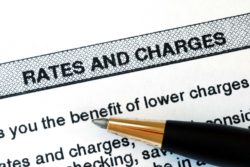
However, getting a fee waived isn’t always that easy. You may need to remind the representative how good of a customer you have been to the bank. After all, the bank wants to keep as many clients as it can. If you have taken out any loans or lines of credit with the bank, now is the time to bring it up. You may also wish to mention how long you’ve been a customer with the bank — assuming it’s been a number of years.
It is essential that you act quickly—as soon as you’ve found out about the unwanted bank charge.
Again, the process of getting a Bank of America NSF fee waived may not be easy, so it’s important to be persistent. Don’t yell or become aggressive, but keep at it. This could mean hanging up and speaking to a new representative who may be more receptive.
Often, fee waiving is up to a representative’s personal discretion. Due to this fact, speaking to representatives at your bank in person may be more effective in getting your Bank of America NSF fee waived. Even then, you may end up stuck with the fee despite your best efforts.
Unfortunately, it is not always easy to get bank fees reversed. This is especially true if the financial institution that originally assessed the fee is using predatory practices to maximize their fees.
More recently, apps such as Cushion have been developed to help consumers avoid unnecessary fees. Cushion is an app which helps consumers by negotiating with banks and credit unions on their behalf in order to reduce or waive fees. The app reportedly works with over 15,000 financial institutions, making it likely that your bank or credit union is on the list.
Other apps like Truebill and Trim are bill trackers that can send notices to consumers when they incur a fee. Apps such as these also have the benefit of helping users stick to a budget – thereby limiting the chance that they will be charged an NSF fee due to low balances.
Unfortunately, many finance apps come with additional monthly charges. Cushion reportedly charges $36 a year or $3 a month for their services. Other banks may have higher or lower fees, or even different “tiers” depending on services. Ultimately, it is up to the consumer to decide if they want to fork over the cash to gain access to negotiation and bill tracking services, but as overdraft fees hit a record high in 2020, it is worth consideration.
The best way to avoid paying NSF fees is to avoid incurring them in the first place. Keep an eye on your bank account and be aware of your recurring costs and automatic payments, as well as understanding the difference between available and actual account balance.
Other banks that are currently being investigated by consumer attorneys for potentially engaging in unfair NSF fee practices include:
- Bancfirst
- Bell Bank
- Busey Bank
- Center Bank
- CenterState Bank
- Flagstar Bank
- Glacier Bank Wings Federal Credit Union
- Midwest One
- NBT Bank
Should I Join a Bank of America NSF Fee Lawsuit?
Unfortunately, consumers may go through the process of seeking a refund for a Bank of America NSF fee or even enlist the help of an outside app or service to manage their bills – only to have their bank or credit union continue with predatory bank practices. Negotiating the reduction or elimination or NSF fees and other bank fees takes time. During this time, consumers may be unable to avoid additional fees and can fall into a brutal cycle of debts, financial hardship, and negotiation.
Due to the prevalence of predatory practices when it comes to bank NSF fees, many lawsuits are filed regarding these fees every year. In the past, Bank of America NSF fee and overdraft lawsuits have resulted in settlements of up to $66 million. That suit involved six million Bank of America account holders who were allegedly improperly charged extended overdraft fees. The suit was able to force the bank to stop charging extended overdraft fees for five years.
Another lawsuit filed against Bank of America regarding fees settled for $5 million had over 73,000 eligible class members. That suit alleged that Bank of America charged fees for everyday non-recurring transactions despite exempting those types of transactions from fees in their NSF and overdraft fee policies.
If you have an account with the bank and feel you’ve been improperly charged a Bank of America NSF fee, or an improper NSF fee with another bank, you may be eligible to join an overdraft lawsuit or file your own, depending on your situation, and pursue compensation.
Filing a Bank of America lawsuit can be a daunting prospect, so Top Class Actions has laid the groundwork for you by connecting you with an experienced attorney. Consulting an attorney can help you determine if you have a claim, navigate the complexities of litigation, and maximize your potential compensation.
Join a Free NSF Fee Class Action Lawsuit Investigation
You may qualify to join this NSF fee class action lawsuit investigation if you were unfairly charged NSF fees by one of these banks:
- Bancfirst
- Bell Bank
- Busey Bank
- Center Bank
- CenterState Bank
- Flagstar Bank
- Glacier Bank Wings Federal Credit Union
- Midwest One
- NBT Bank
ATTORNEY ADVERTISING
Top Class Actions is a Proud Member of the American Bar Association
LEGAL INFORMATION IS NOT LEGAL ADVICE
Top Class Actions Legal Statement
©2008 – 2024 Top Class Actions® LLC
Various Trademarks held by their respective owners
This website is not intended for viewing or usage by European Union citizens.





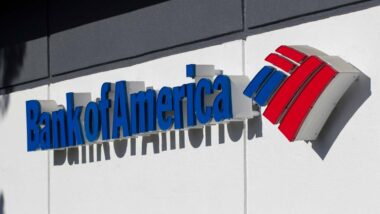
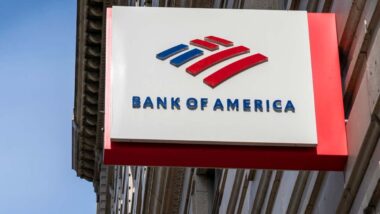
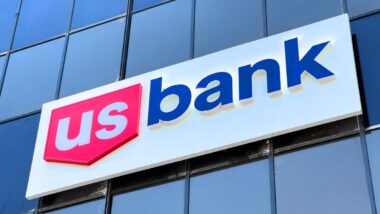
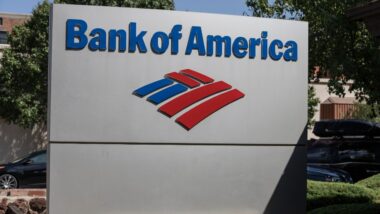
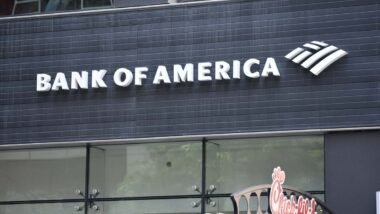
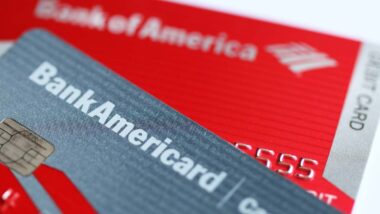
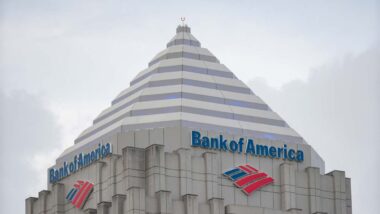
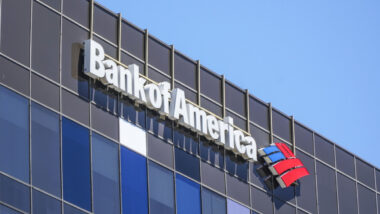
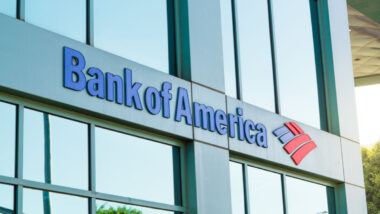
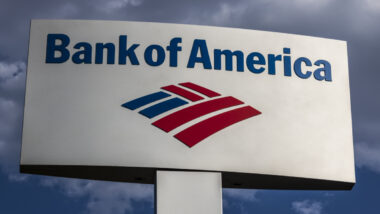
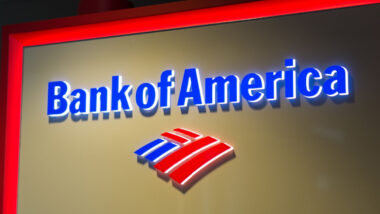
14 thoughts onCan I Get a Bank of America NSF Fee Refund?
please add me
BoA charged me NSF fees after I closed the account please add me
please add me
add me please